Home> Company News> How long do wheel bearings last?
A wheel bearing is a mechanical device that allows the wheel to rotate on its axis. The bearings are located in the hub of the wheel and in the bottom of the axle. They are made up of several components, including a metal race, a rubber seal, grease and an outer casing or bearing cap.
Wheel bearings are subjected to extreme loads when driving, and they must be replaced when they fail. The average lifespan of a wheel bearing is between 85,000 and 100,000 miles. This varies greatly depending on which vehicle you drive and how well you maintain your car or truck.
Under normal conditions, the life of a wheel bearing is approximately 85,000 to 100,000 miles.
When you're driving with a bad wheel bearing, it can be hard to tell what's wrong. The symptoms may include a slight vibration or a humming sound coming from the steering wheel. But if that's not all that obvious to you, it might be best to take your vehicle in for a checkup.
The life of a wheel bearing under normal conditions is approximately 85,000 to 100,000 miles. However, if you drive on rough roads or frequently tow heavy loads, this estimate could drop by 25 percent or more.
If your car has been making strange noises lately and you suspect that something is wrong with your wheel bearings, take it in for an inspection as soon as possible. Your mechanic will perform some tests and look at things like the alignment of your wheels and tires and brake pads and rotors. They'll also check for any signs of wear or damage on other parts of your vehicle that could affect its performance (like brakes).
Some wheel bearings have a long service life and some have a short life.
The reason for the short lifetime is that they are exposed to extreme conditions. The oil film that separates the bearing races from their surroundings is very thin, so small particles of dust or dirt can quickly penetrate into the bearing. In addition, there is a risk of contamination with water or other liquids. These contaminants can cause corrosion, which leads to premature failure of the bearing.
Wheel bearings are often exposed to high temperatures, both during operation and when the vehicle is parked in direct sunlight or under other adverse conditions. They also operate under high loads and high speeds.
The lubricating film between raceways and balls must be continuous and uniform at all times in order for it to last as long as possible. The oil must also provide good protection against corrosion and wear on raceways and balls.
The service life of a wheel bearing depends on a number of factors.
These include the design and quality of the bearing, the operating conditions and the conditions in which it is stored.
The following are some factors that affect the service life of wheel bearings:
The type of material used. The most common types include steel, aluminum and bronze. Aluminum is usually used for light-duty applications, while steel is used in medium- and heavy-duty applications. Bronze bearings offer better corrosion resistance than steel or aluminum, but they are more expensive.
The operating temperature range. Typically, when operating temperature exceeds 150°C (302°F), the service life decreases significantly due to thermal fatigue cracking (wherein cracks form due to repeated heating and cooling cycles). The minimum recommended operating temperature is -40°C (-40°F).
The speed at which the vehicle travels. This affects both static loads on the bearings as well as dynamic loads due to vibrations from driving surfaces such as roads and railroad tracks. Higher speeds also increase wear rates due to vibrations caused by aerodynamic drag on vehicles during high-speed travel.
The size of your vehicle's wheels and tires — larger wheels require larger bearings for proper alignment and balance purposes.
Wheel bearings need to withstand harsh weather and driving conditions.
They need to be durable, long-lasting and able to withstand a lot of wear and tear.
Wheel bearings are used in vehicles so that the wheels can turn freely without being hindered by friction or play within the hub. This allows for better control when driving, smoother turns, stops and starts as well as enhanced safety on the road.
The wheel bearing is actually a small metal device that fits into the hub of your vehicle's wheel and provides support for its axle or spindle. The bearings help keep your vehicle running smoothly by reducing friction between moving parts such as gears and axles. As you drive down the road at high speeds, your car will be subjected to extreme forces such as those from bumps in the road or sudden stops from traffic lights or other vehicles around you. In order for all these movements to be smooth and safe, it is important that there are no loose parts within your vehicle's axle system. This ensures that every part of your vehicle moves together in unison without any unnecessary movements due to vibrations caused by rough road conditions or other factors such as weather conditions (rainy days), heavy loads on certain parts of your vehicle's body etc...
Signs of a failed wheel bearing.
Here are some common signs that your wheel bearing may be failing:
You can hear a grinding or clicking sound from inside the wheels when you're driving. This noise is usually heard only when you're driving in a straight line, and it goes away when you turn the steering wheel.
The car vibrates more than usual when it's idling or when it's moving slowly.
You notice an odd feeling in the steering wheel as you drive — for example, the car seems to pull to one side.
The steering wheel doesn't feel tight when you turn it sharply.
Wheel bearings should be regularly maintained and inspected.
Wheel bearings are an integral part of your vehicle’s suspension system. They help to reduce the weight of your car by bearing some of the load on your axle and tires. They also allow you to turn your wheels without resistance, making them essential for safe driving.
You should inspect and maintain your wheel bearings regularly, as damage can occur if they are not properly maintained. If you notice a grinding sound or feel unusual vibrations when turning corners, this may be a sign that something is wrong with your wheel bearings.
All bearings will wear out over time, but the lifetime of a bearing is influenced by many factors, including the quality of the bearing, lubrication and operating temperature. A badly worn bearing however can have big consequences; from damaged alloy wheels, to pulling out your brake callipers and discs. The main reason for premature failure is lack of maintenance: not checking regularly for excessive play. Under these circumstances, bearings can fail in as little as 2-3 years.


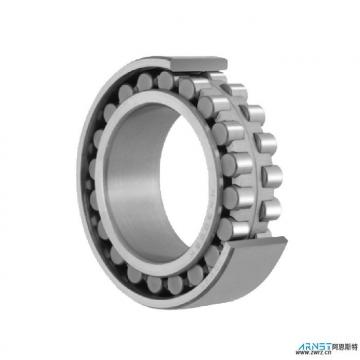 CRBH12025AUU Crossed Roller Bearing
CRBH12025AUU Crossed Roller Bearing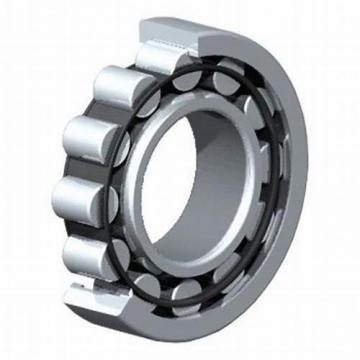 CRBH14025AUU Crossed Roller Bearing
CRBH14025AUU Crossed Roller Bearing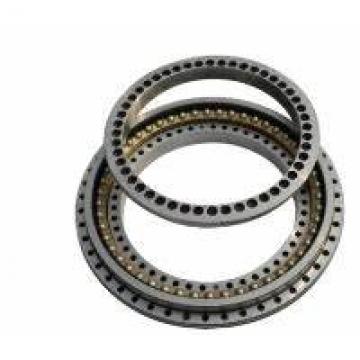 CRBH8016A Crossed roller bearing
CRBH8016A Crossed roller bearing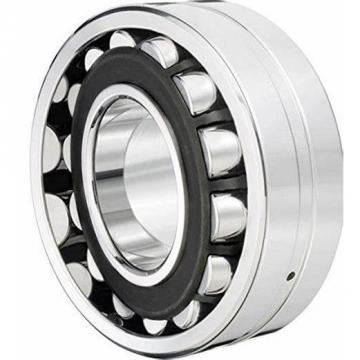 CRBH9016A Crossed roller bearing
CRBH9016A Crossed roller bearing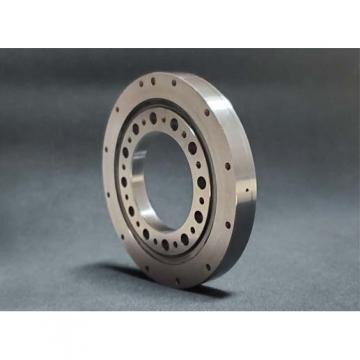 CRBH13025AUU Crossed Roller Bearing
CRBH13025AUU Crossed Roller Bearing